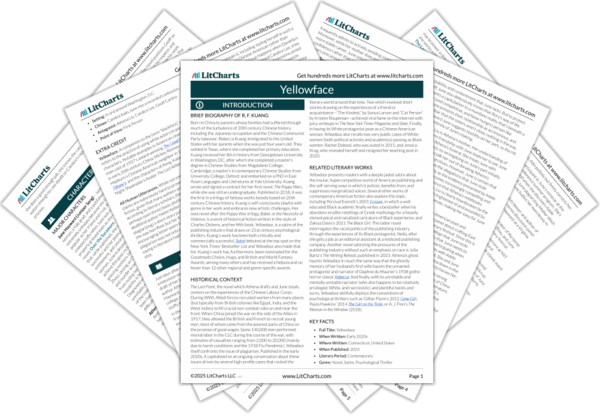But before she gets into that,
June wants readers to know about the first time
Athena stole from her. They met in the freshman dorms at Yale. Although they bonded over their shared love for Elif Batuman’s
The Idiot, their relationship was very casual at first. But then, June got involved with a cute sophomore named
Andrew who invited her to his room to watch TV. She got drunk and woke up in his bed the next morning. They’d clearly had sex. At first, she was embarrassed but proud for having traversed the rite of passage that is the college hookup. But then she started having flashbacks and panic attacks. She was terrified she might have contracted an STI or gotten pregnant; she couldn’t remember if she’d participated willingly of if Andrew had pressured, or worse, raped her.
